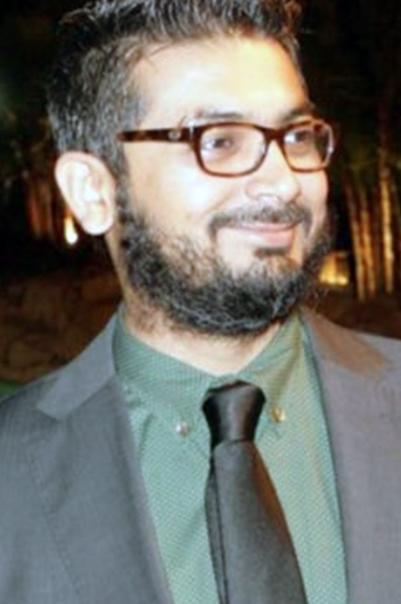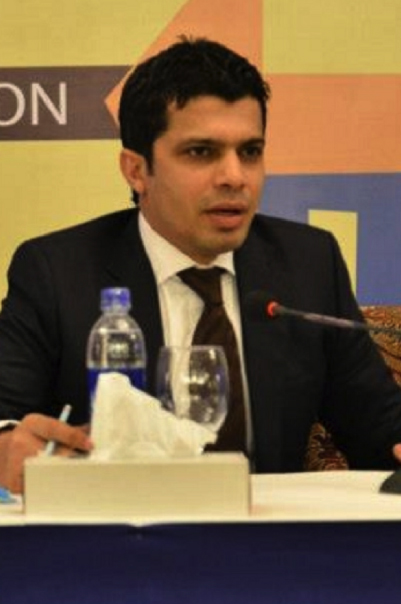International Jobs
Search for jobs in your desired region across the globe by some of the most reputable employers around the world.
Click HereLocal Jobs
Search for jobs in leading local organizations of our country posted in the portal that are according to your skillset.
Click HereGet Your Alumni Card
Register to get Alumni Card and avail several benefits from retail outlets and restaurants.
Click HereRegister for Guest Speaker Session
Alumni can register themselves with Placement Department if they are interested in visiting IU for a Guest Speaker Session at their convenient time.
RegisterAlumni News and Events
Get a quick view of all the upcoming events to be hosted by the Alumni Society and get yourself updated with the latest achievements of your Alma Mater.
CLICK HEREAlumni Achievements
Share your achievements and let your fellows celebrate your success by simply posting it here. Be joyful on the accomplishments of your fellow alumni too.
POST ACHIEVEMENTSOffice of the Registrar
International Accreditation. | Degree And Transcript Verification. | Document Verification Process. | English Proficiency Certificate.
Click HereIU Alumni Association Election
Celebrate the Years that opened Vistas
Association By Laws SOP & Schedule Nominate Alumni































